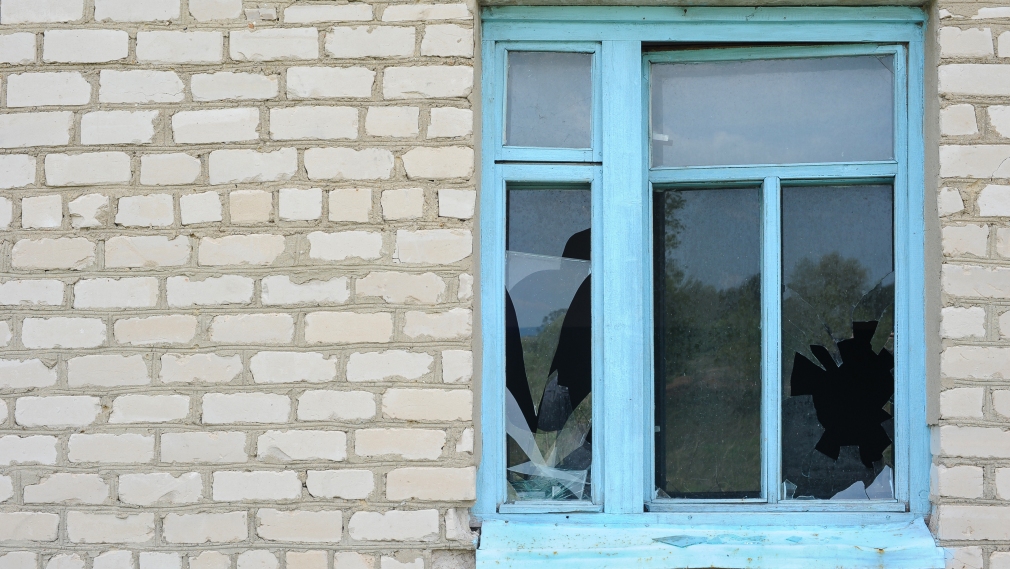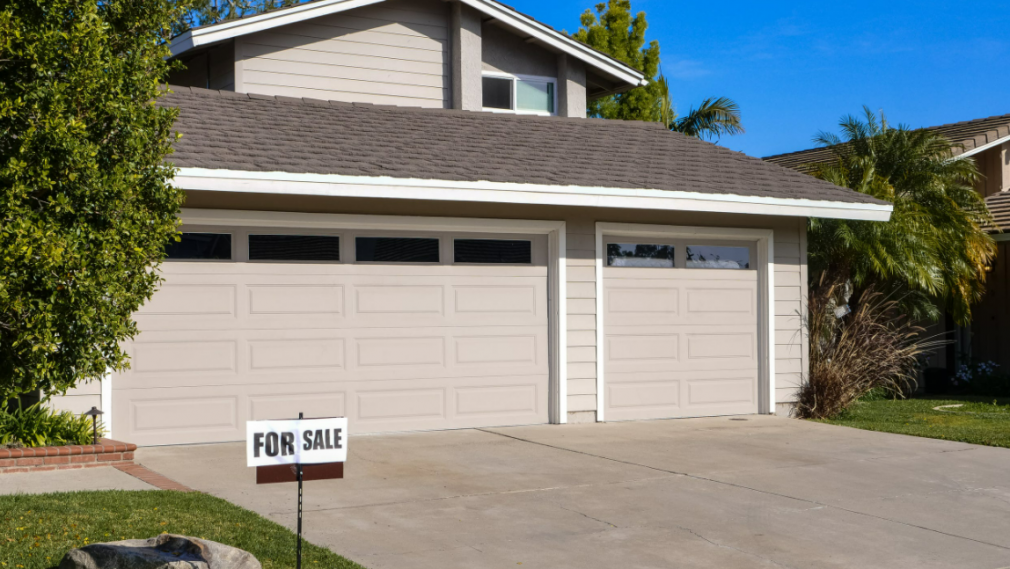12818Views
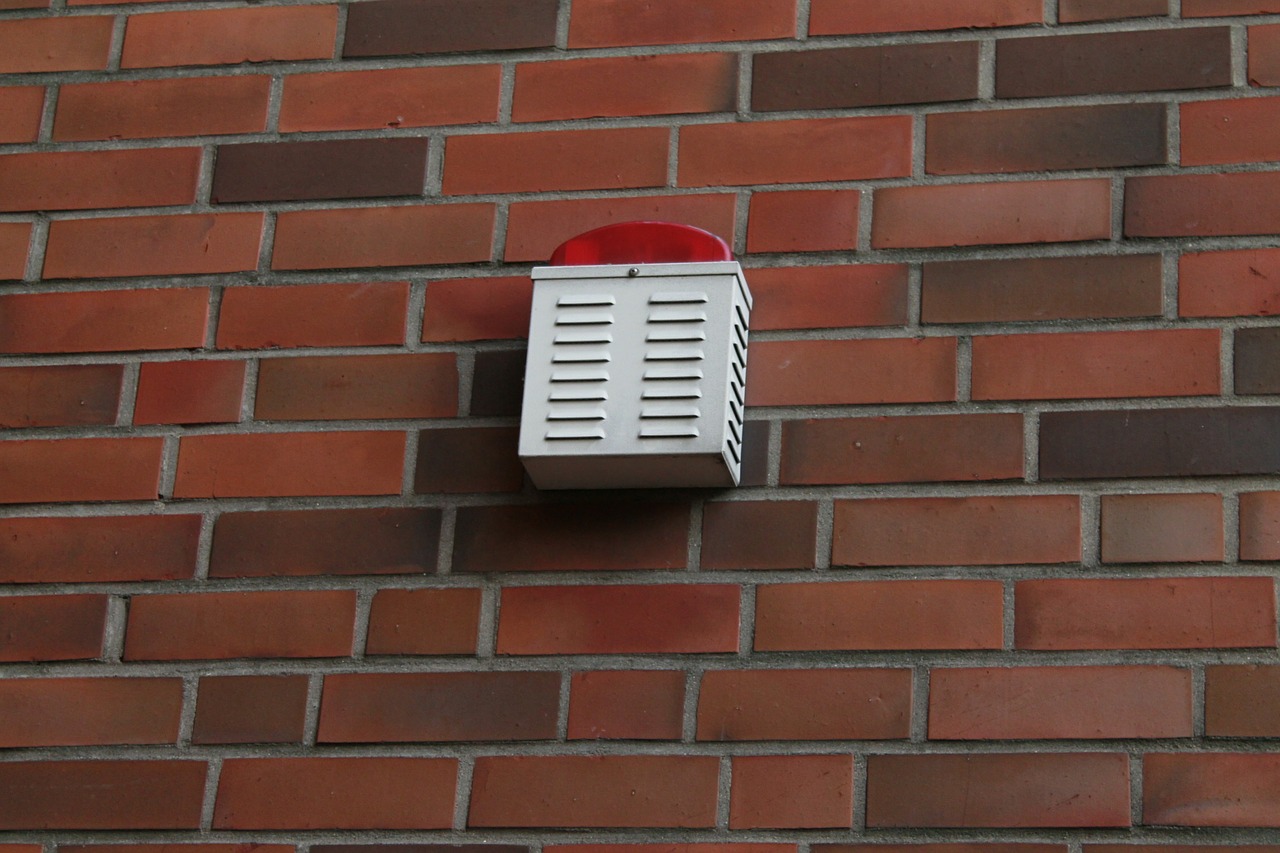
Here’s How To Make Your Home 360° Safe
Everyone wants to live a peaceful and safe life, but that’s practically impossible. Even if you think you’re safe from mayhem, it can happen anywhere. Venezuela, which everyone knows is going through a major recession, recently experienced large-scale looting and pillaging. On the other hand, Calgary, a Canadian city, also went through an uptick in home invasions. California has also recently been included on a list of states with the most serial murders in the US. No matter how lavish or humble your lifestyle is, keeping your home safe is an absolute need for everyone. Be prepared for any threat with these tips.
Use Timers as Scarecrows
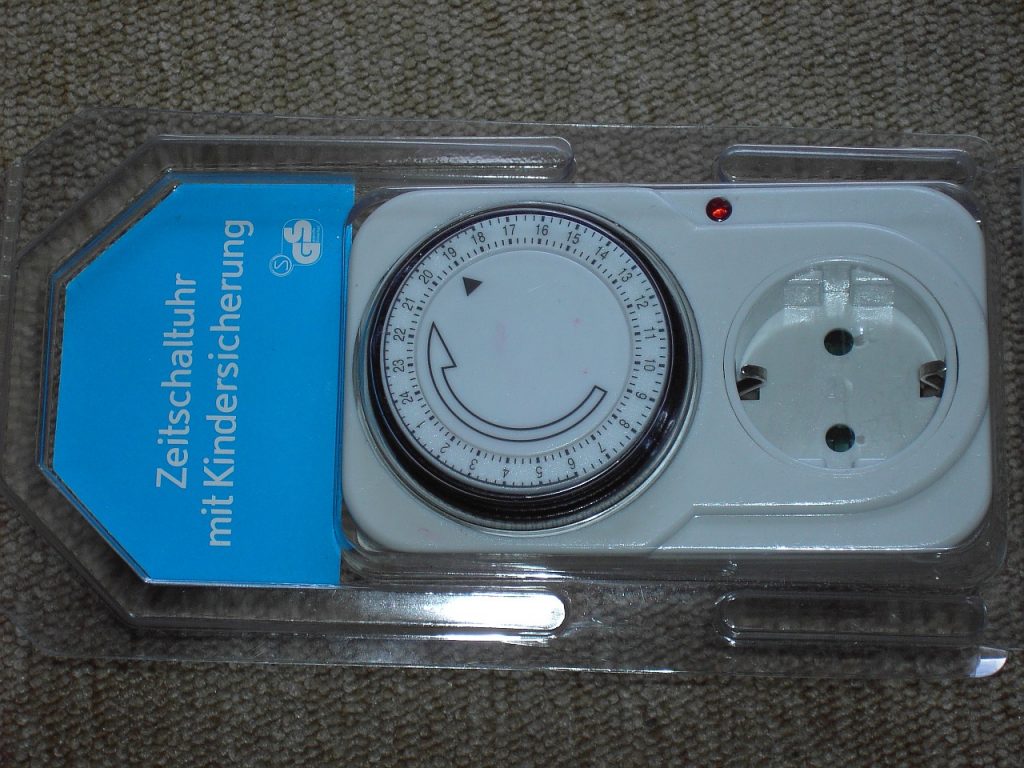
Fact: burglars and thieves tend to infiltrate homes when they’re not occupied or when the people inside aren’t awake. If there’s any sign that the occupants are active, they will not want to push through with their plans. You can keep up such appearances by using electronic timers to turn on appliances, such as radios and television sets, when you’re away or asleep at night. A glowing screen or blaring speakers are simple but effective ways to make potential intruders think twice.
Apply Some Anti-Burglary Lifehacks
A lot of burglars get into people’s homes using really simple exploits, so make sure your home isn’t vulnerable to these tricks. For example, if your front and back doors swing outward, thieves can just knock out the hinge pins and remove the doors, so keep those hinges inside. If you’ve got a sliding patio or balcony door, lay a stick or metal rod on the middle bottom rail as it’s closed; even if burglars manage to break the lock, the rod will keep the door jammed shut (by the way, make sure your glass doors and windows are shatterproof). Finally, when you install a window lock, drip some solder on the screw heads. Why? Some burglars enter homes by cutting a hole in a glass windowpane, then unscrewing the lock. Putting solder on the heads will nullify any attempt to use this tactic.
Be Alarmed and Ready
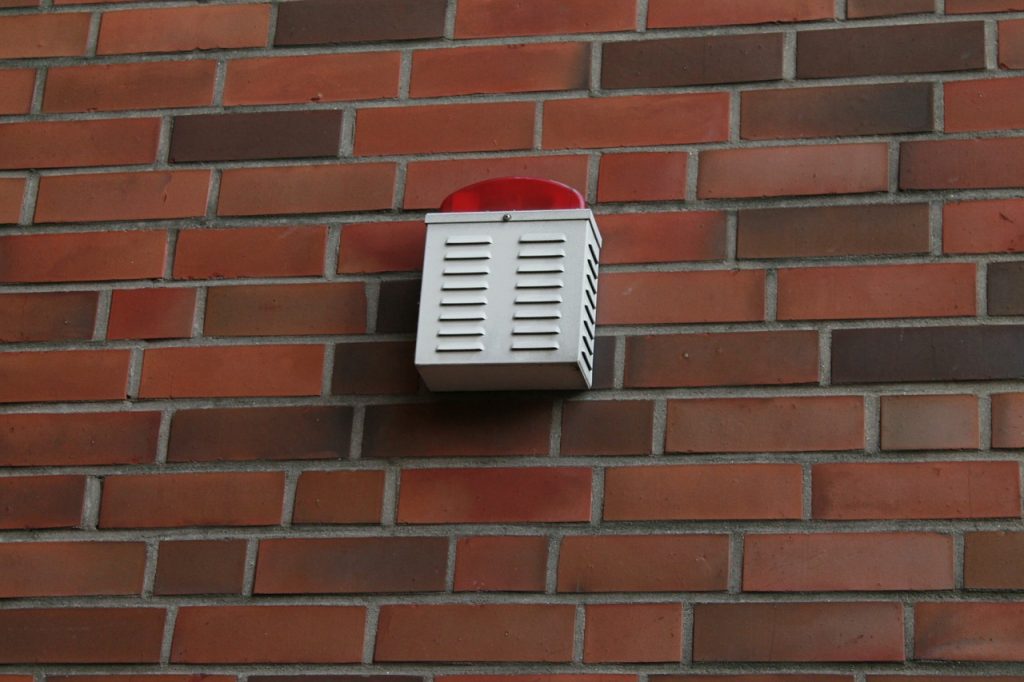
Another tip to keep your home safe from burglars is to set up wireless alarms strategically. Having a wireless home alarm system installed is ideal for most homes because there’s minimal hassle in installation. Whether you own a home or are renting one, you don’t have to worry about doing major rewiring or having to negotiate with your landlord to get his permission. The best home alarm systems are sensitive enough to detect strange activity, but they aren’t so sensitive as to result in false alarms. With the right equipment, you can protect your home not just against intruders, but also from disasters.
Make Sure Your Finger’s on the Trigger
Reading the best home alarm system reviews will help you choose a good system to install, but some burglars are sophisticated enough to know how to bypass or disable these systems. They may know how to tell if an entryway is rigged, and are therefore able to avoid sensors and motion detectors. In these cases, automatic home alarm systems are not enough. You’ve got to have personal panic buttons, ones that you can keep on hand to trigger at any time. By connecting these to the alarms in your home, you have a backup method to call for help and deter intruders. Another possible and low-tech alternative: just put a whistle on a chain or lanyard and put it on every night before going to bed.
Keep an Electronic Eye Out
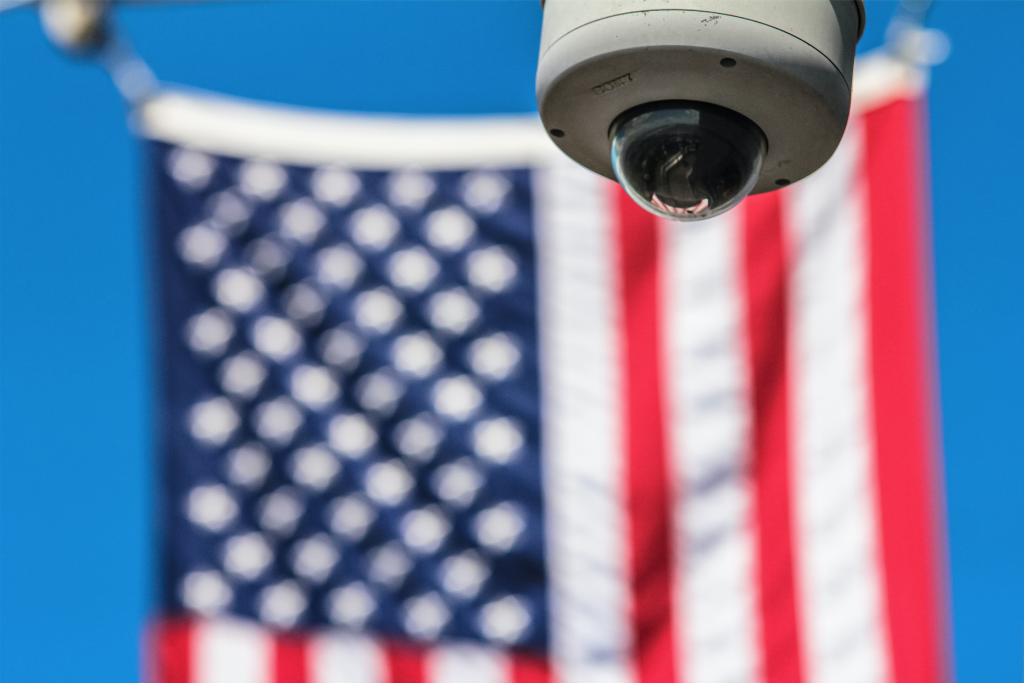
Home safety isn’t just about being alerted when strange people enter your house; you also need to know what happens when they’re inside. Being able to track their movements—and record them, in case you need any evidence to present to the police or your insurance company—can give you more peace of mind. Consider putting CCTV cameras and spy cameras in strategic areas of your home, especially in the most critical areas, like the bedrooms or any room with valuables. You can also file this under “tips to keep your kids safe at home,” as having cameras that monitor home activity can also let you see if your kids are doing anything dangerous or risky.
Put Intruders in the Spotlight

The funny thing about security is that the simplest solutions are the most robust. Some of the best tips to keep your home safe just require common sense. A classic example: having emergency lights prepared. If burglars cut off the power to your house from the outside, or if looters strike in the middle of a blackout, then you run the risk of facing your assailants without seeing them. In this case, you should have emergency lights installed and set to activate when power is suddenly cut. You can also connect your lights to motion sensors: burglars that try to sneak in will set the lights off, and they’ll be caught in the act.
A Call to Arms

There’s a firestorm raging on the issue of home protection, specifically on gun control. A lot of people will say that having a gun will help you stay safe, while others are concerned that having a gun can also risk your kids’ safety at home. If you believe in the right to protect your own home by bearing arms, having a registered firearm like a handgun is certainly an option. But to avoid any ethical conflict or safety concerns, you can consider other ways. You may use a baseball bat to defend yourself or a can of pepper spray. You can even try learning a few simple martial arts techniques. The point is that you generally don’t have to go too far to incapacitate or intimidate intruders. There are a lot of non-lethal options that you can use to burglar-proof your home.
Plan B is for Bug Out Bags
Even if you’re armed with plenty of home security tools to keep your home safe, there’s still a chance they would fail. In case burglars or looters raid your house or when there’s an earthquake or fire and you’re forced to flee for your safety, you need to have a bug out bag prepared. This would include the basic survival essentials (dry food, water, medicine) as well as other practical items (can openers, a multi-tool, a spork, a flashlight, extra clothes, etc). Some security and survival experts recommend that you pack enough supplies to last for three days, but it’s up to you. It basically depends on how big an emergency you’re planning for.
With these pieces of advice, you hopefully now have some fresh ideas on home security. However, knowing how to protect your home is just the first step. You have to actually make it happen. From planning to execution, your security is in your hands. Once you have the right systems in place, you can make any place you live in safe.



